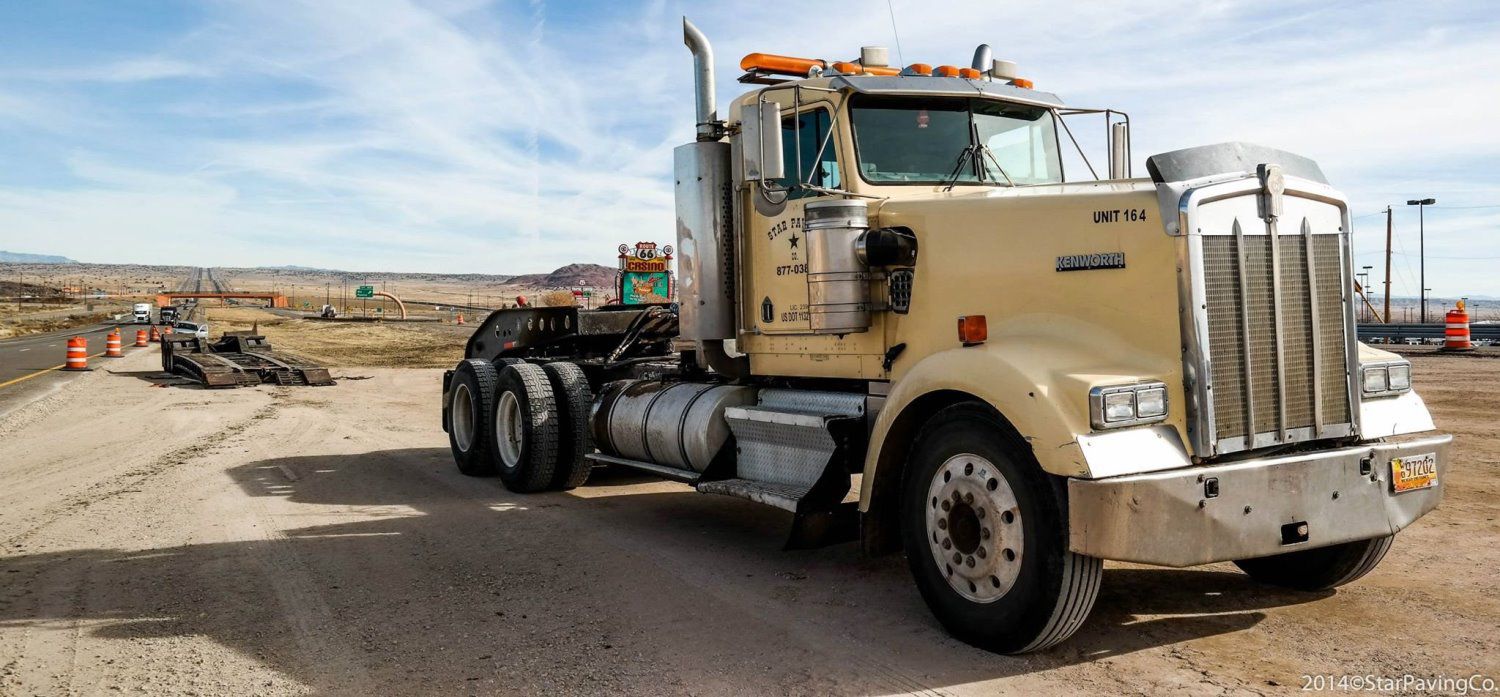


Asphalt and concrete are often considered interchangeable, but that couldn’t be further from the truth. While they can serve similar functions, these two materials are quite distinct. If you have to choose between asphalt and concrete for a paving job, you’ll need to weigh all the factors before you pick. Discover all you need to know about asphalt vs. concrete, their pros and cons, what they do, and which will be best for your project.
Asphalt and concrete are staples in construction, each bringing distinct advantages to various projects. Asphalt is a blend of aggregates, binder, and filler, often used for roads, driveways, and parking lots. Its flexibility and resilience in cold climates make it a go-to for areas with harsh winters, as it can handle expansion and contraction without cracking. It's also cost-effective, which appeals to budget-conscious projects.
Concrete, made from cement, water, and aggregates, is known for its strength and durability. It's perfect for heavy-duty applications like highways and bridges. Concrete offers a range of finishes and textures, potentially making it more attractive for residential driveways and public spaces. Its rigidity is beneficial in warmer climates, where it holds up well under heat.
When considering an asphalt vs. concrete driveway, asphalt is the way to go for many residential areas due to its affordability and easy repairs. Yet, concrete is often chosen for its durability and sleek look. Commercial projects weigh factors like traffic load and lifespan when deciding between the two. Government projects often consider environmental impact and maintenance needs, with both materials offering unique benefits tailored to specific project requirements.
When you make the choice between asphalt and concrete, you’ll be weighing their distinct benefits and drawbacks. Asphalt is favored for its affordability and quick installation, making it a practical choice for projects needing rapid completion. It's also easier and cheaper to repair than concrete. However, asphalt may not last as long and often requires more upkeep, particularly in hot climates where it can become soft and deformed.
Concrete stands out for its strength and longevity, often enduring for decades with little maintenance. Its ability to handle heavy loads makes it ideal for high-traffic areas and commercial use. The downside is its higher initial cost and the potential for cracking in cold climates due to its rigidity. Repairs can be more involved and expensive than those for asphalt.
Ultimately, asphalt offers a cost-effective solution with simpler repairs, while concrete provides unmatched durability and a longer lifespan.
Cost is a major factor in deciding between asphalt and concrete. Asphalt's lower initial cost makes it appealing for budget-conscious projects, but it does require regular sealing and maintenance, which can increase expenses over time.
Concrete, though more expensive upfront, can be more economical in the long run due to its durability and minimal maintenance needs. The initial investment can be justified by its longevity and reduced upkeep. Project size and scope significantly impact costs as well; larger projects might benefit from concrete's long-term savings, whereas smaller ones might lean towards asphalt's lower starting costs.
The project chooses the material to an extent, as concrete or asphalt may work better for certain jobs compared to others. Residential driveways might prioritize appearance and budget, while commercial projects focus on durability and load capacity. Climate also matters; asphalt performs well in colder regions, while concrete is better suited for warmer areas.
Budget constraints, as mentioned, are definitely important, but it's also important to balance initial costs with long-term benefits. Consulting with experts can give you a professional opinion on the job at hand, ensuring the chosen material meets project goals and environmental conditions.
Deciding between asphalt and concrete hinges on factors like budget, project type, and environmental conditions. Asphalt is a budget-friendly option with easy repairs, ideal for flexible, quick installations. Concrete, with its durability and aesthetic versatility, is a wise choice for long-term projects that endure heavy use.
If you’re in need of help choosing between materials, Star Paving Company can help. Their experienced team can assist you in selecting the best material for your project. Get in touch today to learn more.
Featured Image: Thawornnurak / Shutterstock
Posted on 03/06/2025 at 12:54 PM